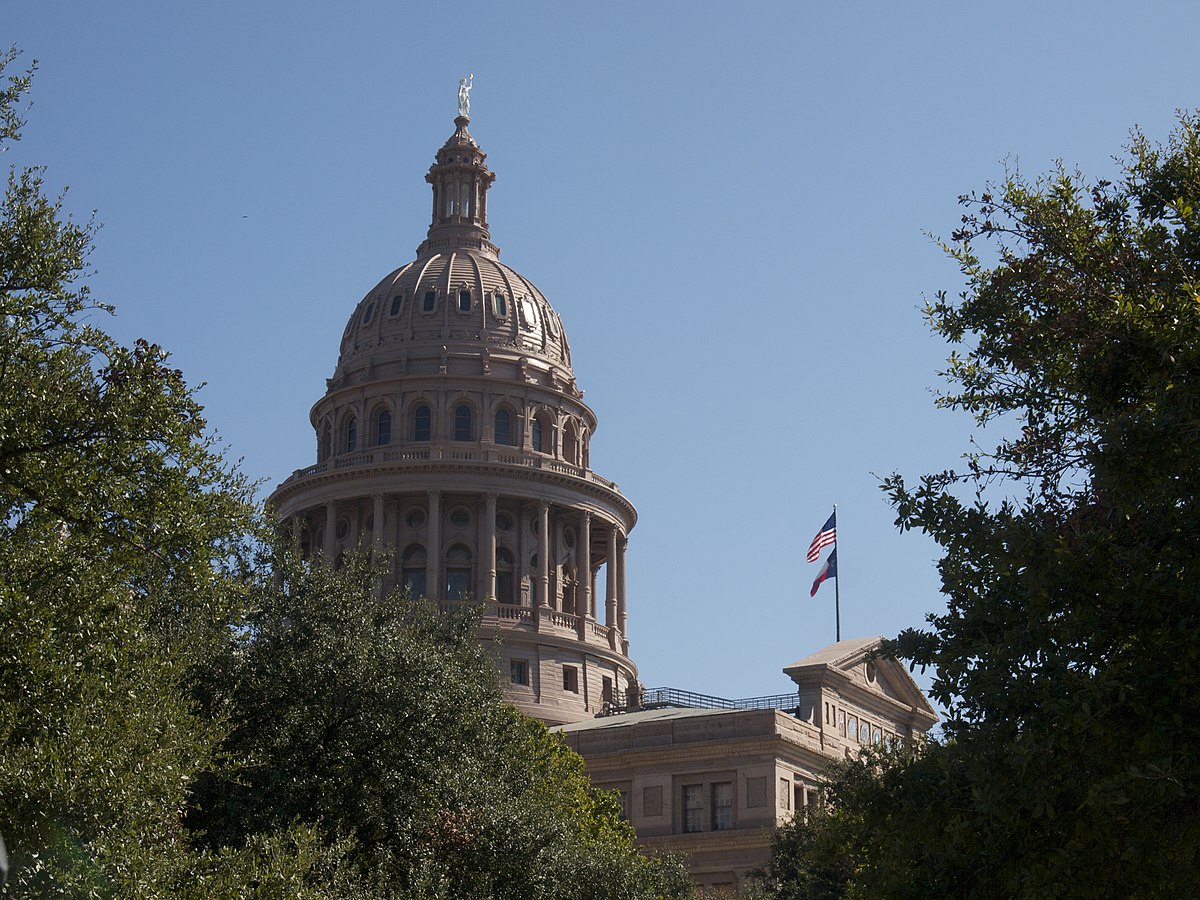A recent report from the State Leadership Initiative (SLI) claims that left-leaning bureaucracies are undermining the governance of Republican-led states, leading to a disconnect between voter preferences and actual policy implementation.
Explainer As A Former DC Cop, The Federal Takeover Was The Right Move
The SLI's analysis, titled "Shadow Government," was published this week and argues that despite Republican voters electing conservative governors and legislatures, many states continue to adopt policies aligned with diversity, equity, and inclusion (DEI) mandates and environmental, social, and governance (ESG) principles typically found in Democratic strongholds.
The report states, "When unelected associations dictate how agencies operate — and do so in lockstep with federal bureaucracies and activist NGOs — the will of the people is rendered moot." It suggests that this dynamic results in a systematic subversion of self-governance.
According to SLI, these left-leaning influences often come from national associations of state officials that present themselves as nonpartisan while promoting progressive governance. These organizations are said to issue policy templates, draft regulations, and shape the internal culture of government agencies, often without scrutiny from voters or elected officials.
The report highlights the National School Boards Association (NSBA) as a prominent example. The NSBA gained notoriety in fall 2021 for requesting federal intervention against parents protesting school policies related to COVID-19 and racial issues. The SLI report notes the NSBA's support for DEI-aligned curricula and increased federal oversight in education.
Other organizations mentioned in the report include the Environmental Council of the States and the National Association of Medicaid Directors, which are also accused of promoting leftist policies in state governance.
In response to these challenges, SLI offers several recommendations for Republican state officials. These include conducting audits of national organizations their states partner with and issuing executive directives to prevent the adoption of external policies without thorough in-state review.
SLI emphasizes that states have the authority and tools to regain control over their bureaucracies. "The problem is structural, but the response need not be timid. States possess both the authority and the tools to reclaim control over their bureaucracies," the report states.
Critics of the report argue that it may oversimplify the complexities of state governance and the role of various organizations. They contend that collaboration with national associations can sometimes lead to beneficial outcomes, particularly in areas like public health and education.
Despite differing views, the SLI report underscores a growing concern among some Republican leaders about the influence of external organizations on state policy. As the debate continues, the implications for governance in red states remain a focal point for both supporters and critics of the current administrative landscape.
Why it matters
- The SLI report highlights a perceived disconnect between Republican voter preferences and actual policy implementation in GOP-led states.
- It raises concerns about the influence of left-leaning bureaucracies and national organizations on state governance, undermining self-governance.
- The report suggests that these organizations operate without adequate scrutiny, impacting policies on education and governance.
- Critics argue the report oversimplifies governance complexities, yet it reflects growing Republican concerns about external influences.
What’s next
- Republican state officials may conduct audits of national organizations to assess their influence on state policies.
- Calls for executive directives to ensure thorough in-state reviews before adopting external policies are expected to gain traction.
- The debate over the report's findings may lead to legislative proposals aimed at increasing state control over bureaucracies.
